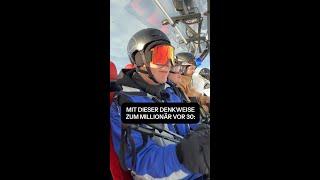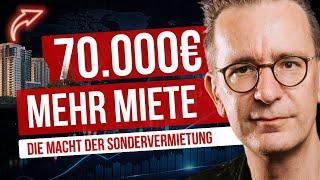| In some places, votes resulted in political chaos; in others they showed a promising shift away from identity politics. Our deputy editor looks back on 2024’s pile of polls. Looking ahead, we examine the Chinese cities (https://www.economist.com/the-world-ahead/2024/11/20/which-are-chinas-cities-of-the-future?utm_campaign=a.io&utm_medium=audio.podcast.np&utm_source=theintelligence&utm_content=discovery.content.anonymous.tr_shownotes_na-na_article&utm_term=sa.listeners) that will come into their own in 2025 (11:36). And the changing economics (https://www.economist.com/europe/2024/12/12/the-polish-restaurants-that-dare-to-be-dairy?utm_campaign=a.io&utm_medium=audio.podcast.np&utm_source=theintelligence&utm_content=discovery.content.anonymous.tr_shownotes_na-na_article&utm_term=sa.listeners) of Poland’s traditional “milk bars” (16:29). Get a world of insights by subscribing to Economist Podcasts+ (https://subscribenow.economist.com/podcasts-plus). For more information about how to access Economist Podcasts+, please visit our FAQs page (https://myaccount.economist.com/s/article/What-is-Economist-Podcasts) or watch our video () explaining how to link your account. Hosted on Acast. See acast.com/privacy (https://acast.com/privacy) for more information. |
Tags: Featured,newsletter
































3 pings